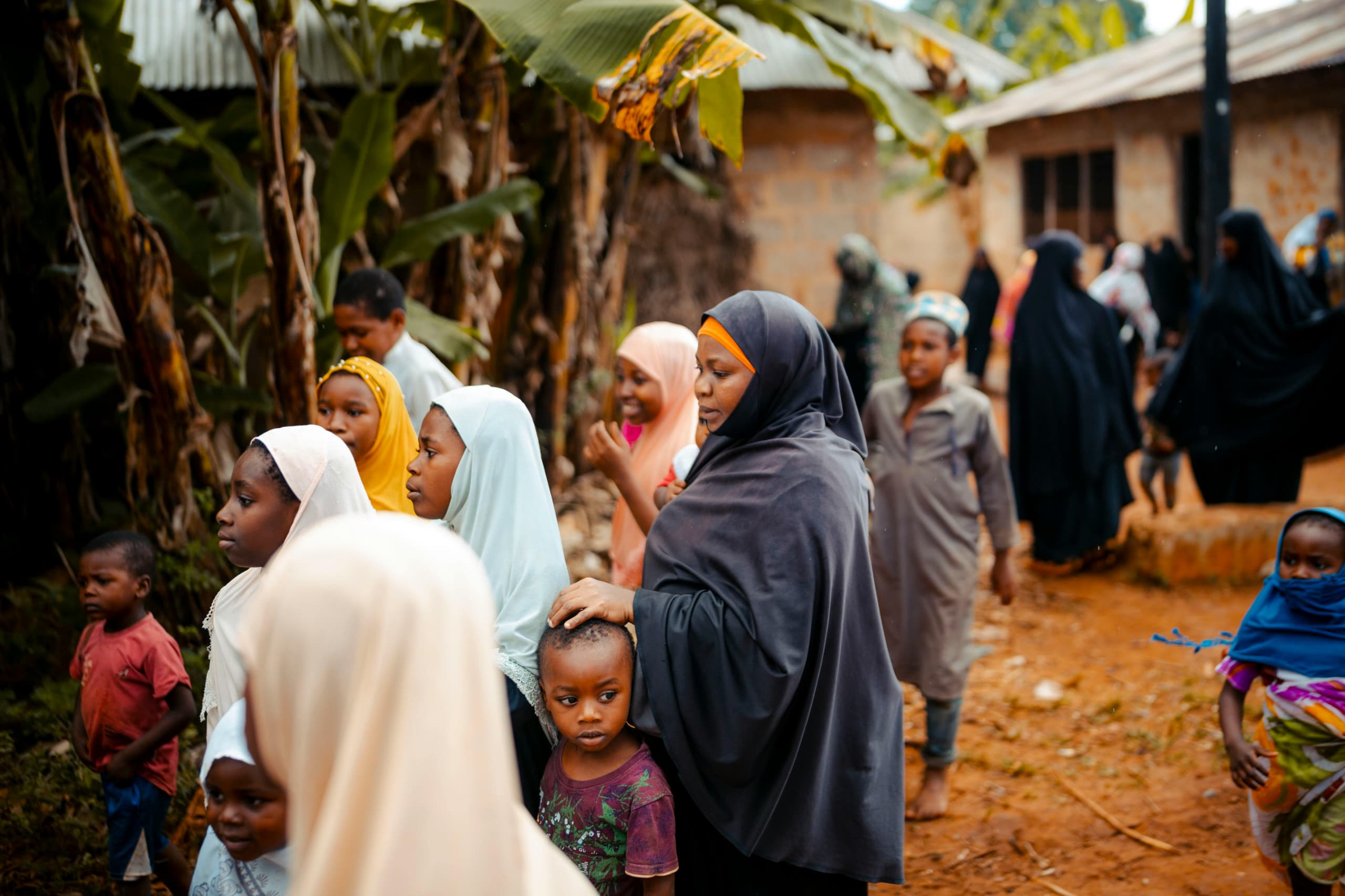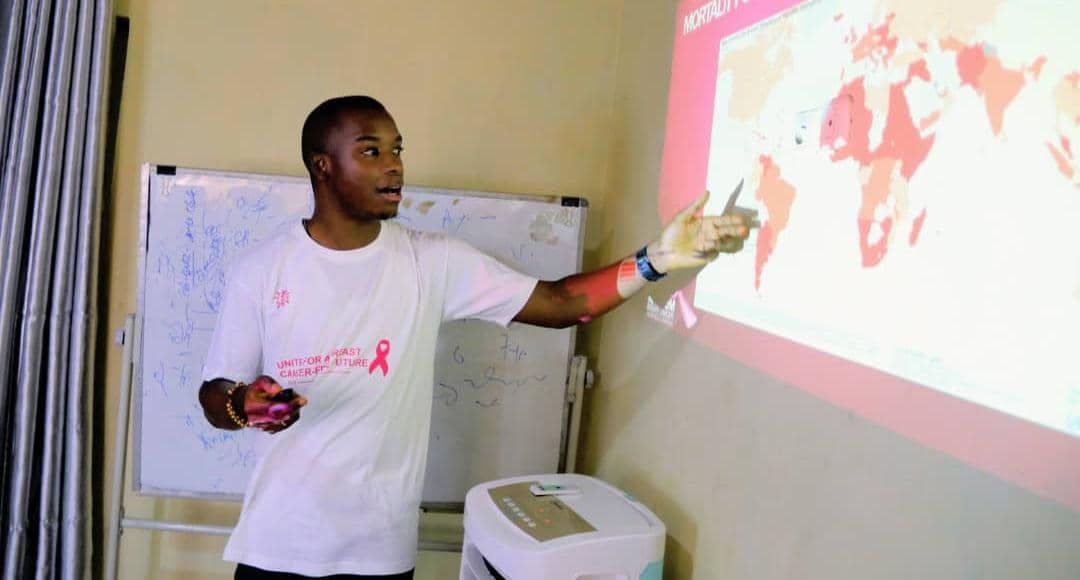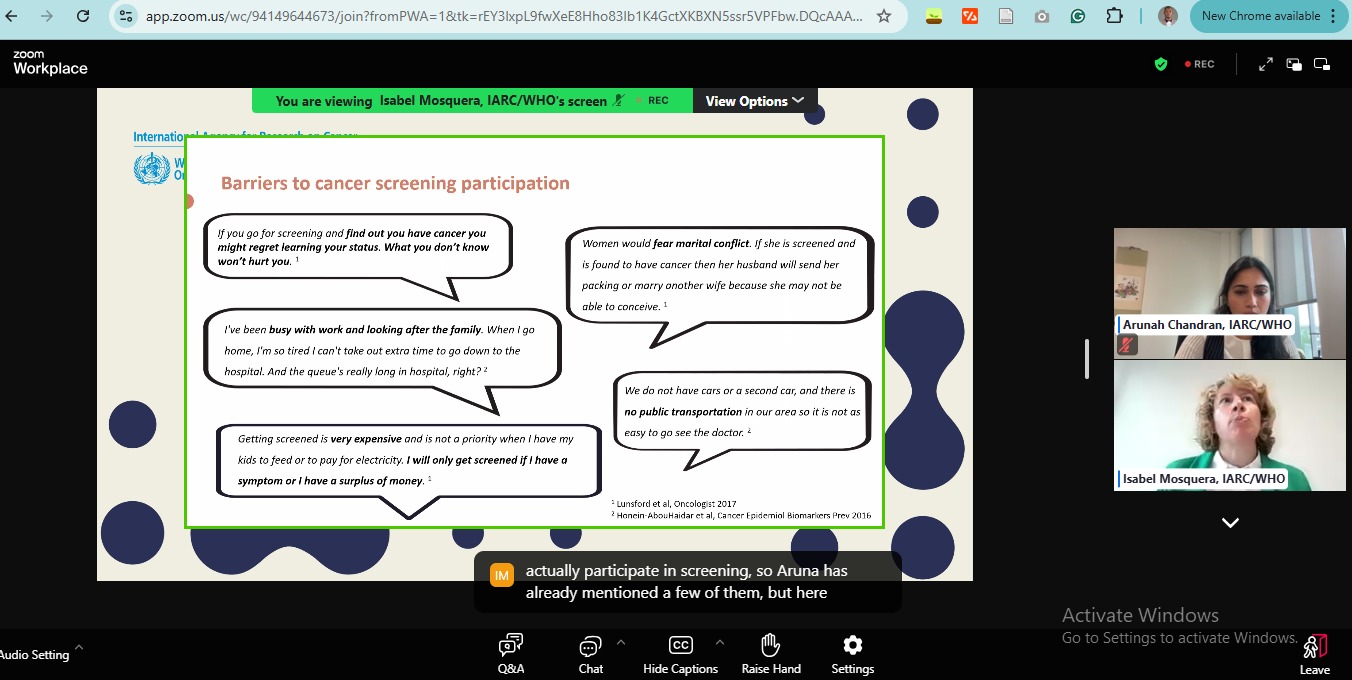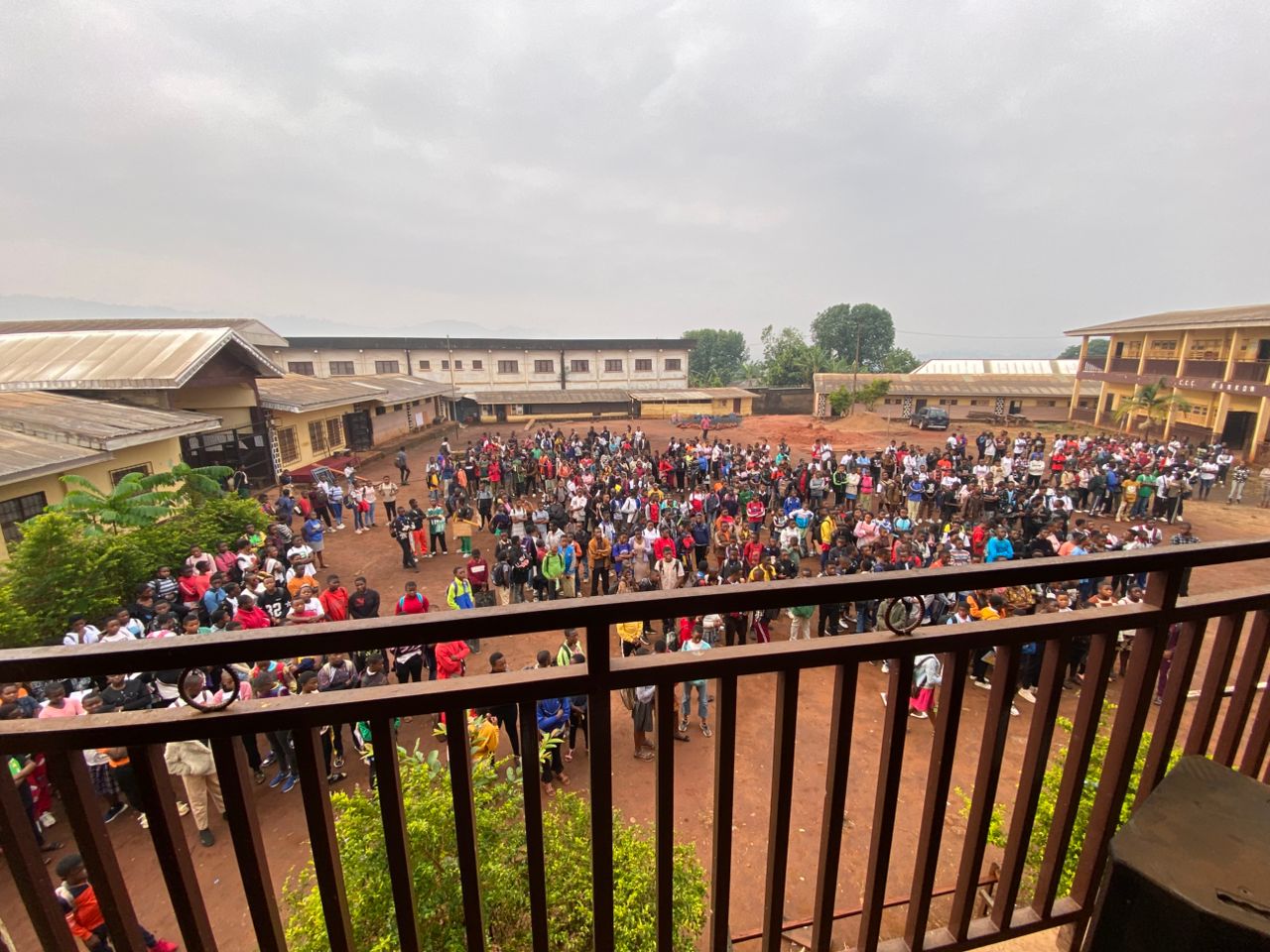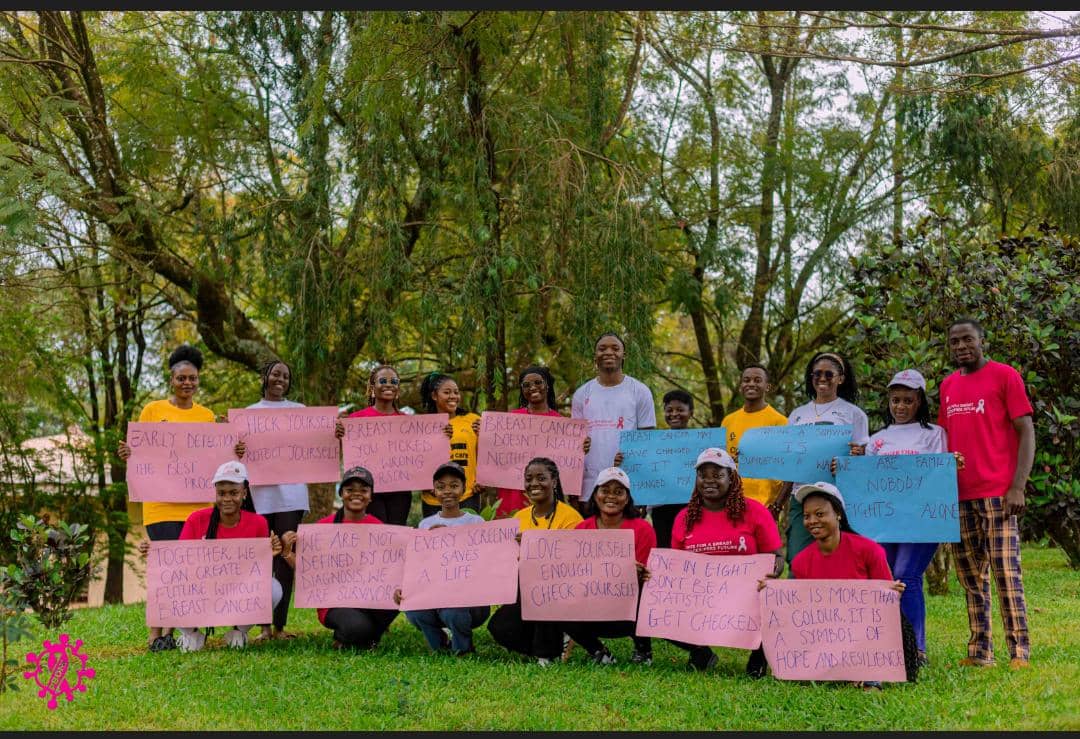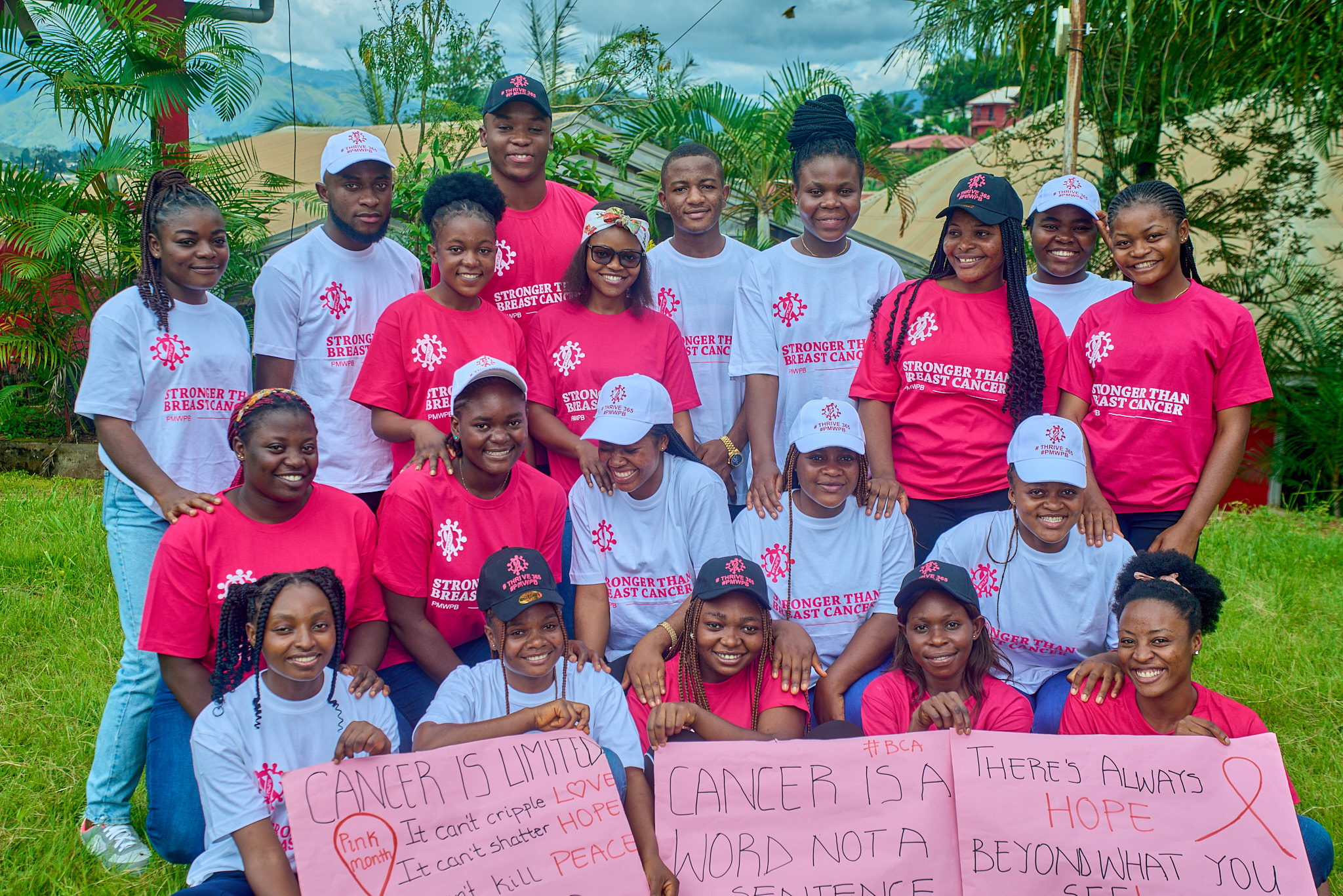
I never imagined that my life’s purpose would be shaped by a word I barely understood as a child: cancer. But here I am, standing in the aftermath of a story that rewrote me, not just as Peter Bryan, but as someone forever marked by both love and loss.
I grew up as the youngest of three boys, shielded and nurtured by brothers who filled the gaps left by my father’s absence. My dad passed away when I was too young to hold onto more than fleeting memories. But life felt full, wrapped in the laughter, mischief, and warmth only siblings can create. Until the summer of 2014 a season that etched itself into my soul with a kind of pain I couldn’t have prepared for.
How The Program Started
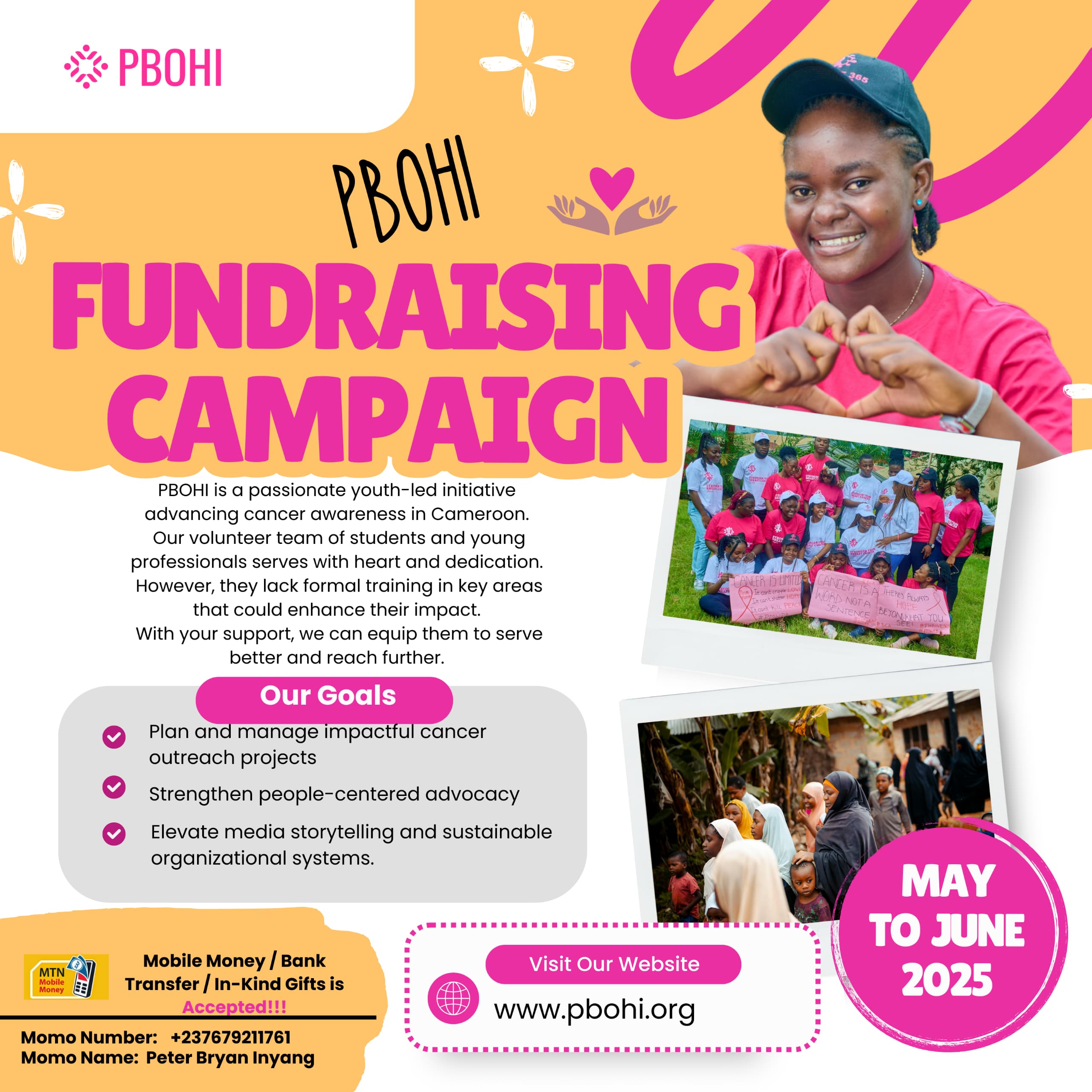
My elder brother wasn’t just my brother. He was my protector, my tutor, my hero. He taught me how to read, carried me on his back when my little legs gave out, and filled our home with kindness and dreams. He was brilliant a naturale at academics, sports, music… you name it. But behind that brilliance was a silent battle. Cancer wasn’t a word we spoke often, even though it lived with us. My brother had been fighting it for over 14 years undergoing five invasive surgeries, enduring chemotherapy, and wearing the scars of more than 40 stitches like invisible armor.
As a child, I thought “sickness” was something you recovered from. You get better, you go back to school, life moves on. But cancer doesn’t follow that script. It lingered, reshaping our lives with each hospital visit, each hopeful procedure, and each heartbreaking diagnosis. I remember the day his health took a sudden turn January 9, 2014. He was just 16 turning 17. The cancer had spread to his lungs. They called it chronic bronchitis, but we later understood it was more than that eventually termed Rhabdomyosarcoma. Another surgery followed. More waiting. More hoping.
Our single mother carried the weight of the world on her shoulders, her silent tears etched into my memory as deeply as any textbook lesson. I was just a boy, trying to understand why the strongest person I knew was slipping away from me.
On November 20, 2014, my brother looked at me and said, “Little bro, I’m going for treatment again. Just three days. I’ll be back.” I clung to those words like a lifeline, not knowing they would be his last promise to me. On November 23, at exactly 1:14 AM, he took his final breath. The news hit like a physical blow. I remember the exact weight of that grief, the world spinning around me while my heart stood still. I wasn’t ready. Who ever is?
But here’s the thing about loss: it doesn’t just take; sometimes, it gives. It gave me purpose. That day marked the beginning of a journey I never signed up for but embraced wholeheartedly. I decided to become an oncologist not just to study cancer, but to fight it, to stand in the gap for families like mine, for brothers and sisters who deserve more tomorrows.
Since then, I’ve immersed myself in cancer advocacy, working with various organizations, each step fueled by memories of my brother’s laughter, his resilience, his unfulfilled dreams. Today, I’m humbled to lead a youth-driven initiative dedicated to cancer education and patient support across communities that often feel forgotten.
Every time I meet a patient or a survivor, I see a reflection of my brother’s courage. Every time I hold a survivor’s hand, I feel the pulse of hope we fought so hard to keep alive. This isn’t just my story; it’s a testimonial to the human spirit’s capacity to turn pain into purpose, grief into growth.
I share this not for sympathy, but as a reminder: life’s most profound lessons often come wrapped in heartbreak. But even in our darkest moments, there’s a spark waiting to be ignited a spark that says, “Your story isn’t over. It’s just beginning.”
@Peter Bryan
